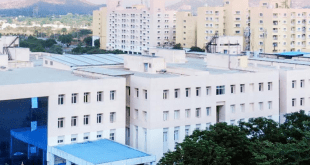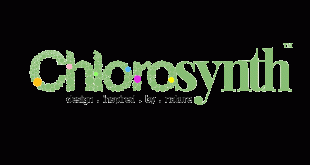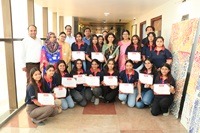Author: Sona Dadhania, Technology Analyst at IDTechEx
The need for a circular economy has never been so urgent. Plastic consumption is expected to double globally by 2050, creating environmental and human health risks. Not only is plastic waste overflowing in landfills, but a significant portion is mismanaged and leaks into the environment: the OECD estimates that nearly 80 million tonnes of plastic waste was mismanaged globally in 2019. With single-use packaging composing a significant amount of plastic waste generated annually, demand for more circular packaging options is taking off.
The most straightforward method to increase the sustainability of single-use plastic packaging is to increase its recycled content. However, mechanically recycled plastics face challenges in their application in packaging, particularly for fast-moving consumer goods (FMCG). Some of the biggest challenges include the degradation of mechanical properties with recycling, which causes recycled plastic to be “downcycled” from packaging to other applications, and contamination, which can make recycled plastic unsuitable for many food-contact applications.
Given these issues, advanced recycling has emerged as a potential solution. The allure of advanced recycling methods, like solvent extraction, pyrolysis, and depolymerization, is that they use thermochemical reactions to allow used plastic waste to be made into “new” virgin plastic, circumventing the issue of downcycling. Additionally, mixed plastics that can be difficult to separate can be processed with advanced recycling methods and converted into plastics suitable for packaging. For these reasons, many view advanced recycling as the future “answer” to sustainable plastic packaging demand. But is this really the case? IDTechEx’s latest report, “Sustainable Packaging Market 2023-2033”, explores this question and evaluates the real potential of advanced recycling for sustainable packaging applications.
Chemical Recycling and Solvent Extraction: Breaking Down the Key Technologies
Advanced recycling includes two main technology categories: solvent extraction and chemical recycling. Solvent extraction involves selectively dissolving the polymer and subsequently precipitating this to produce the pure polymer; ideally, this is a low-energy process that results in recycled polymers with properties close to that of the virgin polymer.
The concept of chemical recycling is taking an end-of-life plastic back to either its monomeric feedstock or further upstream to raw materials and allowing it to re-enter the value chain at virgin-grade quality, in theory, an infinite number of times. One key emerging chemical recycling technology is depolymerization, which takes a relatively homogeneous feedstock and breaks the material down into its constituent monomers via thermal, chemical, or biological processes. Depolymerization is particularly well-suited towards recycling PET (polyethylene terephthalate), commonly used in packaging applications. Another key process is pyrolysis, which converts mixed plastic waste into pyrolysis oil via thermochemical processes that can then be turned into polymer again. Here, there is the potential to process two of the most popular packaging plastics, PE (polyethylene) and polypropylene (PP), which can be difficult to mechanically recycle.
Given the advantages of advanced recycling methods, it is unsurprising that many chemical suppliers, packaging suppliers, and FMCG giants have increasingly engaged with advanced recycling. IDTechEx notes that all six of the biggest FMCG companies by plastic usage (Coca-Cola, Nestle, Unilever, PepsiCo, Mondelez, Proctor & Gamble) have partnerships and/or investments with different advanced recycling players. Some have already debuted packaging containing chemically-recycled plastic, like Mondelez’s Philadelphia Cream Cheese brand, which uses chemically-recycled PP in its tubs.
 Newspatrolling.com News cum Content Syndication Portal Online
Newspatrolling.com News cum Content Syndication Portal Online





